Met Police facial recognition plans "a breathtaking assault" on rights
Plans to use live facial recognition come under fire from privacy campaigners
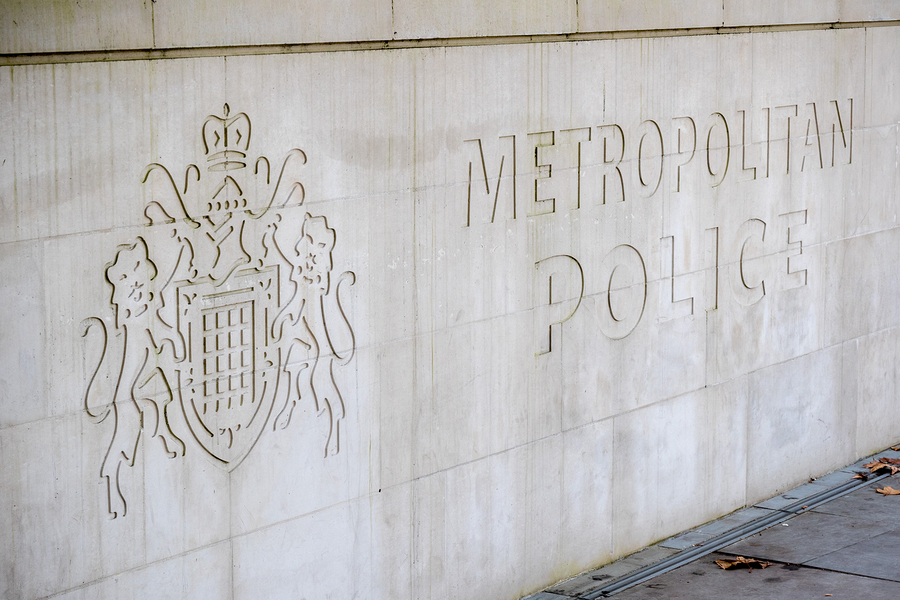

The Metropolitan Police's plans to use live facial recognition (LFR) on London streets has been slammed by privacy campaigners as a "serious threat to civil liberties".
The Met Police said last week it would soon begin operational use of live facial recognition in London, using technology from NEC to tackle serious crime.
The standalone LFR systems will be used in specific, targeted areas to look for offenders on a watch list. The use of LFR cameras will be announced via signs while officers will hand out leaflets; images of passersby won't be collected or stored.
“We all want to live and work in a city which is safe: the public rightly expect us to use widely available technology to stop criminals," said Assistant Commissioner Nick Ephgrave in a statement.
"Equally I have to be sure that we have the right safeguards and transparency in place to ensure that we protect people’s privacy and human rights. I believe our careful and considered deployment of live facial recognition strikes that balance."
Others disagree that the system strikes that balance. Silkie Carlo, director at Big Brother Watch, said the move "flies in the face" of an independent review that deemed police use of facial recognition was likely unlawful and 81% inaccurate.
"This decision represents an enormous expansion of the surveillance state and a serious threat to civil liberties in the UK," Carlo said. "This is a breath-taking assault on our rights and we will challenge it, including by urgently considering next steps in our ongoing legal claim against the Met and the Home Secretary."
Get the ITPro daily newsletter
Sign up today and you will receive a free copy of our Future Focus 2025 report - the leading guidance on AI, cybersecurity and other IT challenges as per 700+ senior executives
She added: "This move instantly stains the new Government’s human rights record and we urge an immediate reconsideration."
London mayor Sadiq Khan has previously spoken out against facial recognition on a private residential development at Kings Cross, writing to the developer to raise his concerns. However, in response to the Met's plans, he said City Hall will merely monitor its use.
"New technology has a role in keeping Londoners safe, but it’s equally important that the Met are proportionate in the way it is deployed and are transparent about where and when it is used in order to retain the trust of all Londoners," he said in a statement.
The Information Commissioner's Office said it would also be keeping a close watch, but said the Met had taken on-board its previous advice about avoiding privacy intrusion. "This is an important new technology with potentially significant privacy implications for UK citizens," the ICO said in a statement. The watchdog added that the use of facial recognition may meet the threshold of "strict necessity" if it is well-governed and used in a targeted way.
One of the concerns with facial recognition beyond surveillance is its inaccuracy — it often simply doesn't work. One review of a trial by police looked at 42 uses, finding just eight were accurately identified.
“Most times they didn’t actually find the people they were looking for," Daragh Murray, a lecturer at the University of Essex who wrote the report, told the New York Times. "From just a technological perspective, you have to question the utility."
The move by the police to use live facial recognition comes amid other cities banning the technology, as Europe considers a five-year moratorium to allow regulations to be put in place, and as British MPs call for a ban until issues such as bias and data retention can be addressed.
Freelance journalist Nicole Kobie first started writing for ITPro in 2007, with bylines in New Scientist, Wired, PC Pro and many more.
Nicole the author of a book about the history of technology, The Long History of the Future.
-
 Should AI PCs be part of your next hardware refresh?
Should AI PCs be part of your next hardware refresh?AI PCs are fast becoming a business staple and a surefire way to future-proof your business
By Bobby Hellard
-
 Westcon-Comstor and Vectra AI launch brace of new channel initiatives
Westcon-Comstor and Vectra AI launch brace of new channel initiativesNews Westcon-Comstor and Vectra AI have announced the launch of two new channel growth initiatives focused on the managed security service provider (MSSP) space and AWS Marketplace.
By Daniel Todd
-
 Five things to consider before choosing an MFA solution
Five things to consider before choosing an MFA solutionIn-depth Because we all should move on from using “password” as a password
By Rene Millman
-
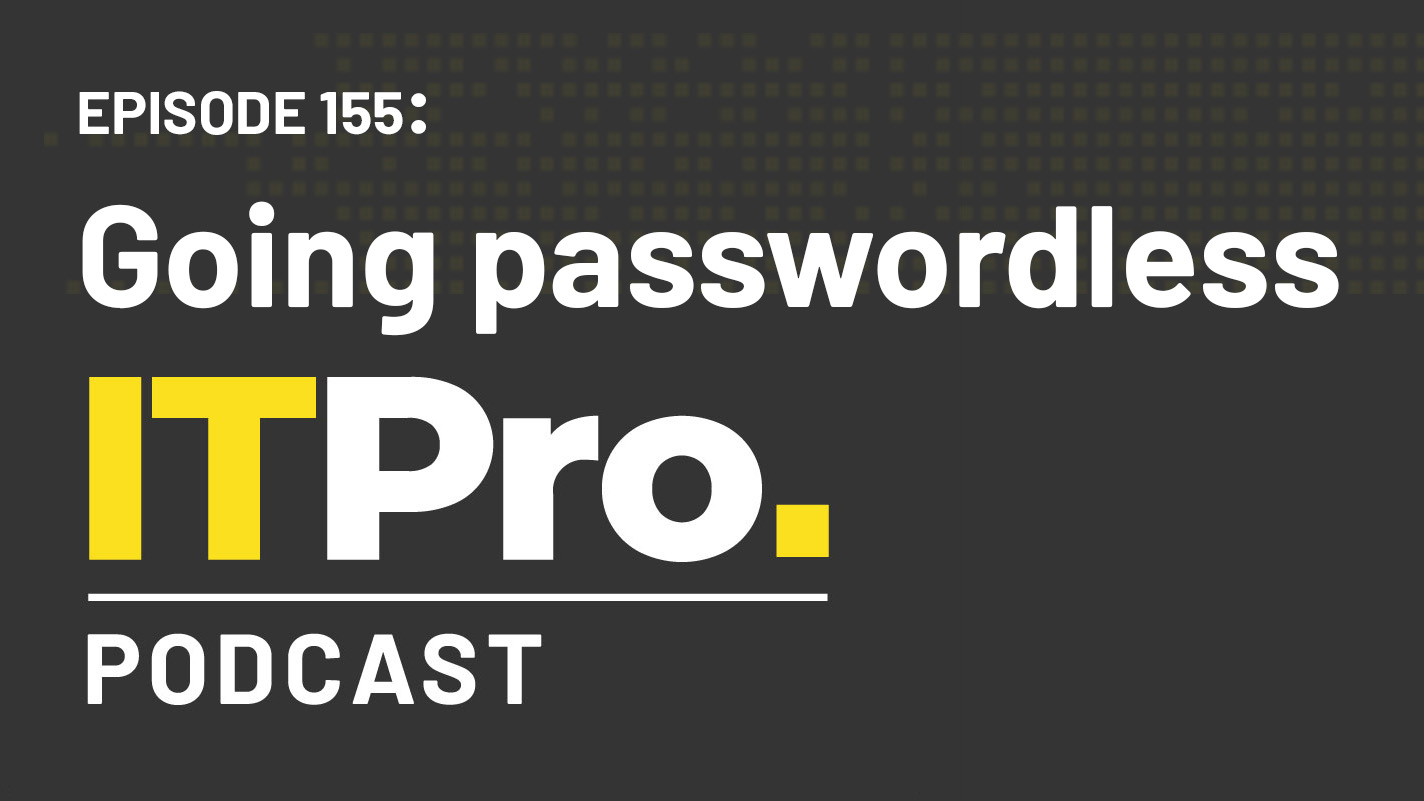 The IT Pro Podcast: Going passwordless
The IT Pro Podcast: Going passwordlessIT Pro Podcast Something you are, or something you have, could be more important than a password you know in the near future
By IT Pro
-
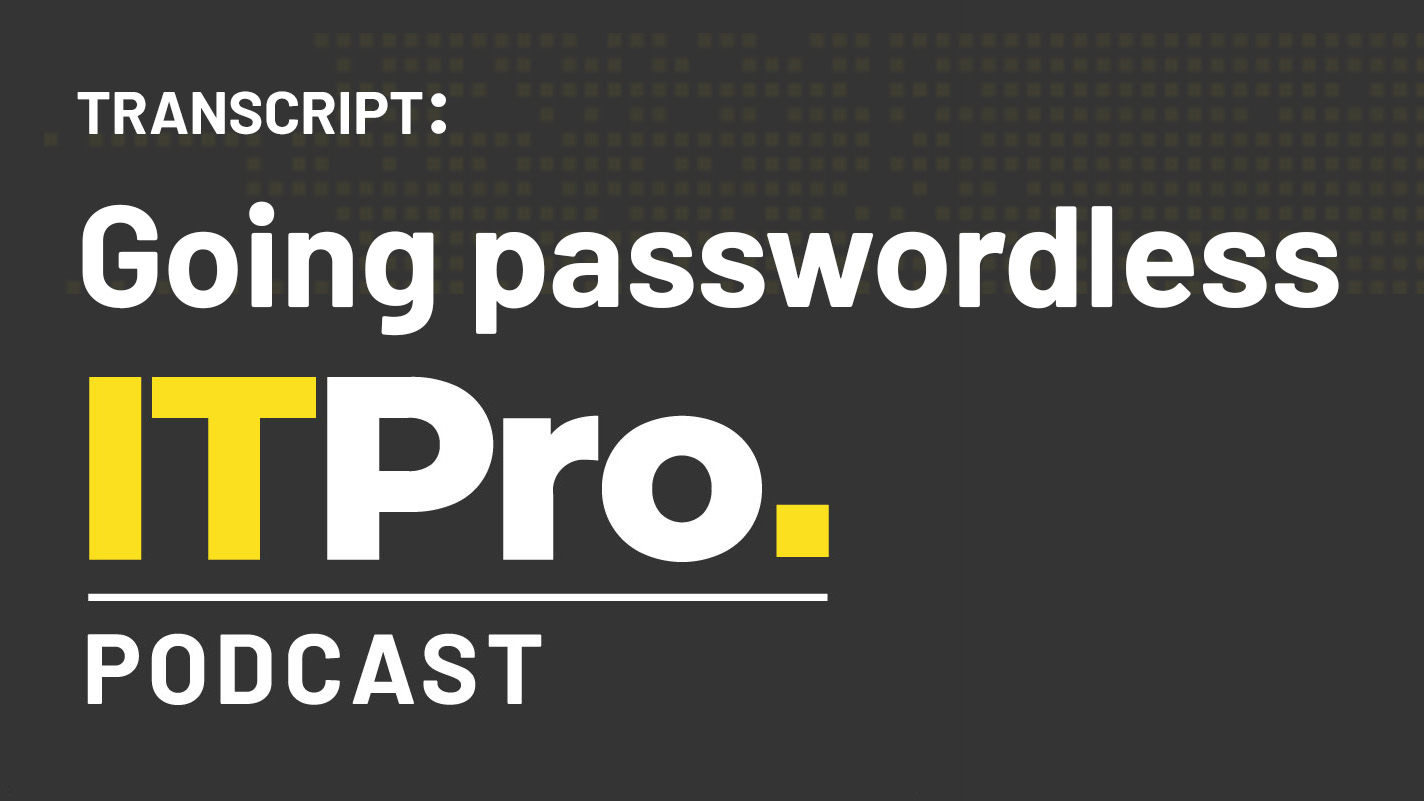 Podcast transcript: Going passwordless
Podcast transcript: Going passwordlessIT Pro Podcast Read the full transcript for this episode of the IT Pro Podcast
By IT Pro
-
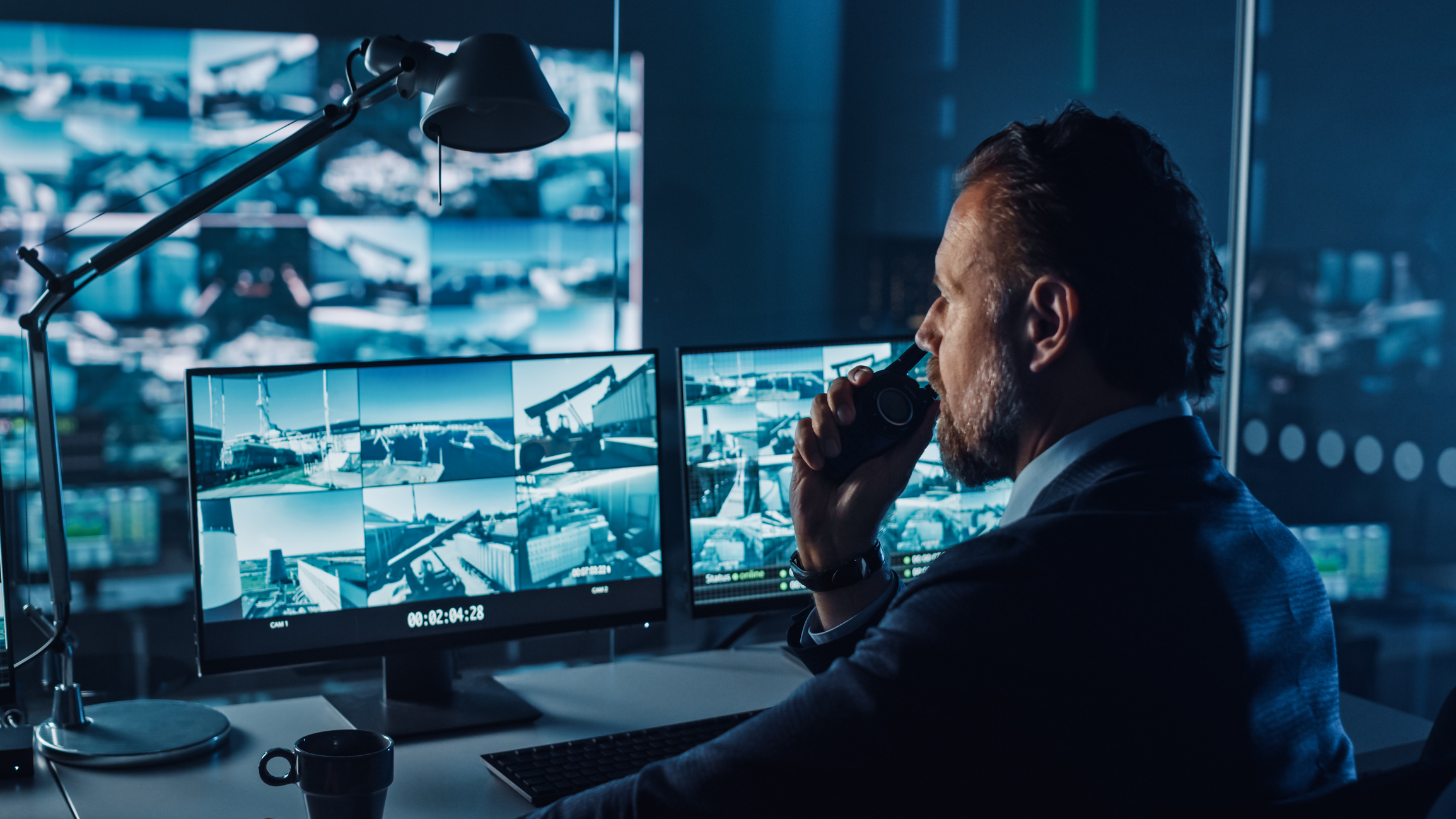 UK police fails ethical tests with "unlawful" facial recognition deployments
UK police fails ethical tests with "unlawful" facial recognition deploymentsNews A University of Cambridge team audited UK police use of the tech and found frequent ethical and legal shortcomings
By Rory Bathgate
-
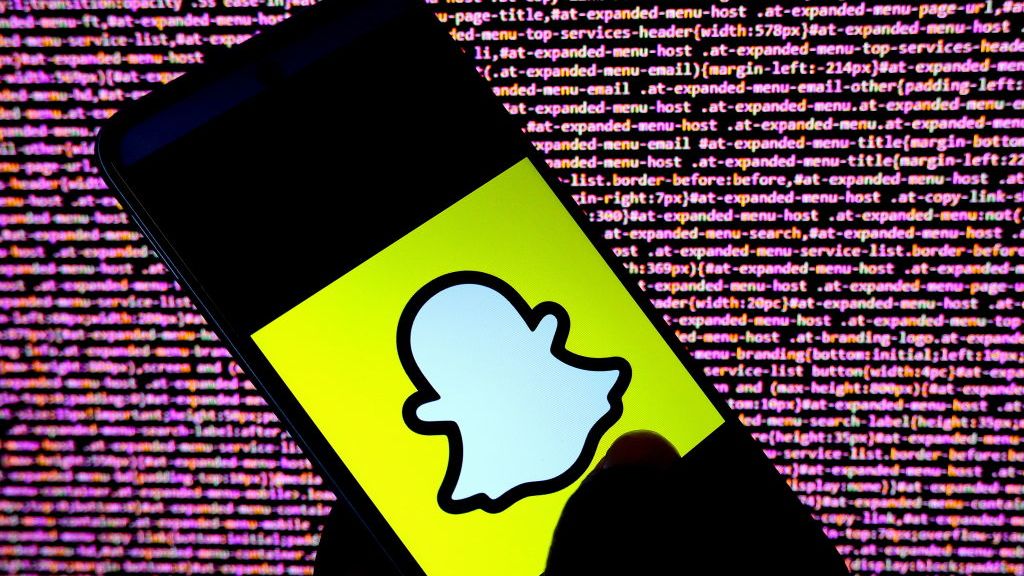 Snapchat settles for $35 million in Illinois biometrics lawsuit
Snapchat settles for $35 million in Illinois biometrics lawsuitNews The social media giant had been accused of improperly collecting, storing facial geometry in violation of state legislation
By Rory Bathgate
-
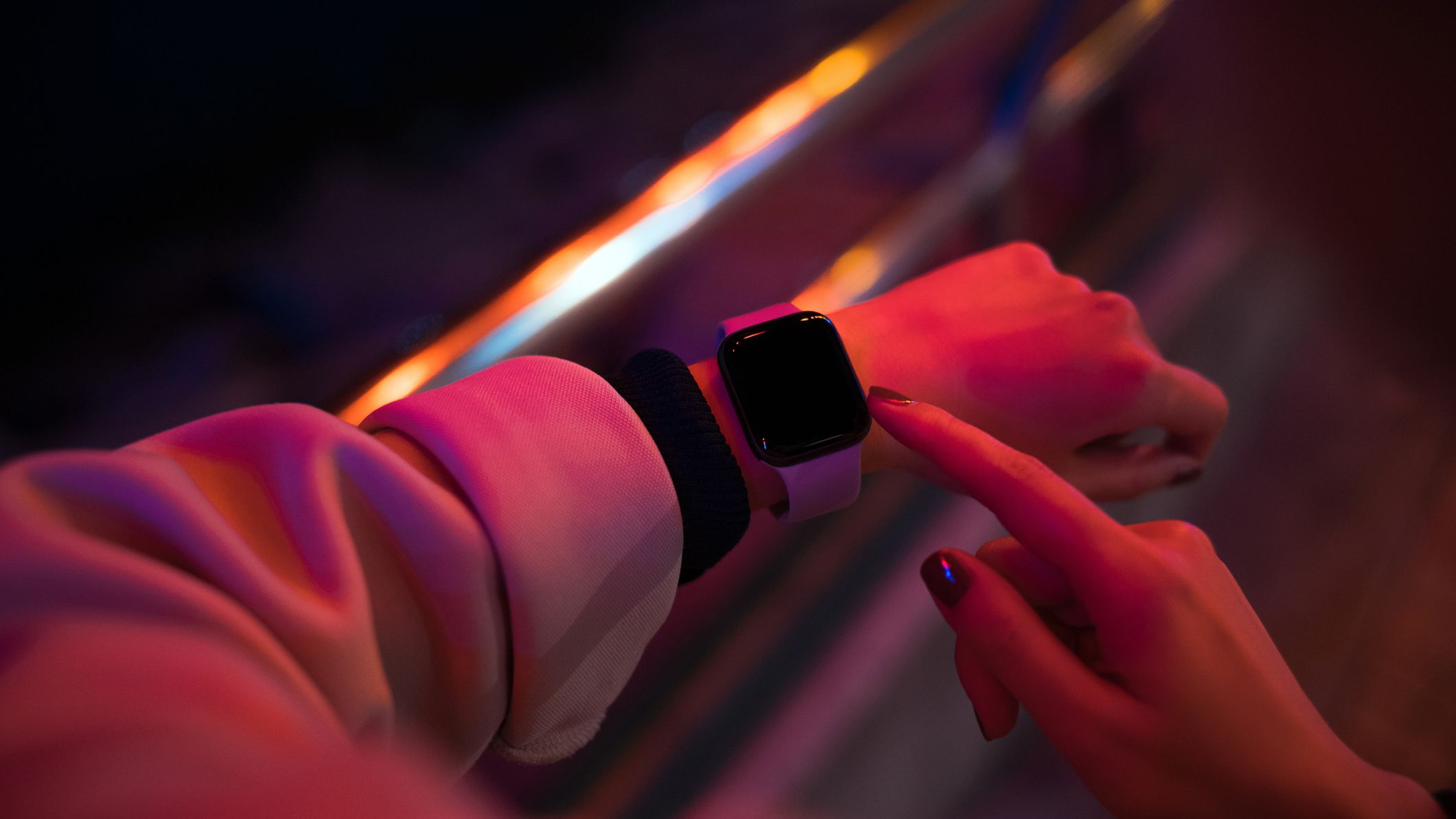 Home Office to collect foreign offenders' biometric data using smartwatch scheme
Home Office to collect foreign offenders' biometric data using smartwatch schemeNews Facial recognition and geolocation data will be matched against Home Office, Ministry of Justice and police databases
By Rory Bathgate
-
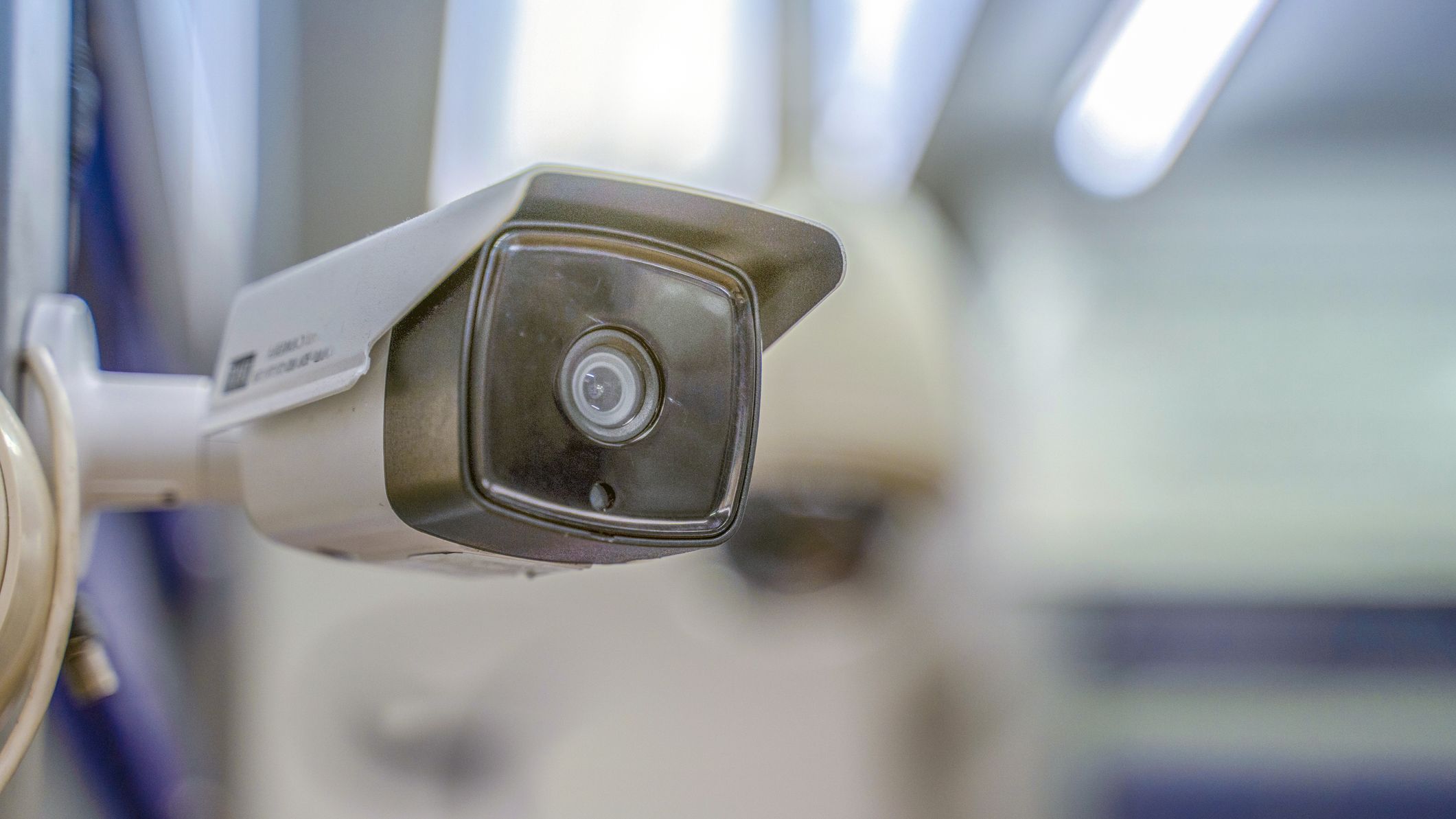 Southern co-operative faces legal complaint for facial recognition CCTV
Southern co-operative faces legal complaint for facial recognition CCTVNews Rights group Big Brother Watch has written to the Information Commissioner to “stop unlawful processing”
By Rory Bathgate
-
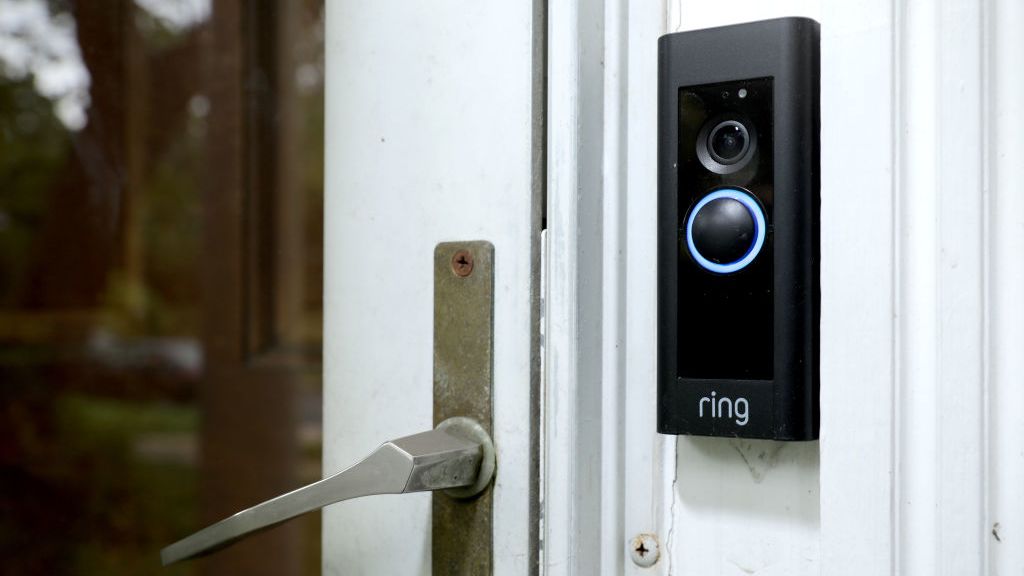 Amazon gave police departments Ring footage without permission
Amazon gave police departments Ring footage without permissionNews The tech giant has done this 11 times this year
By Zach Marzouk